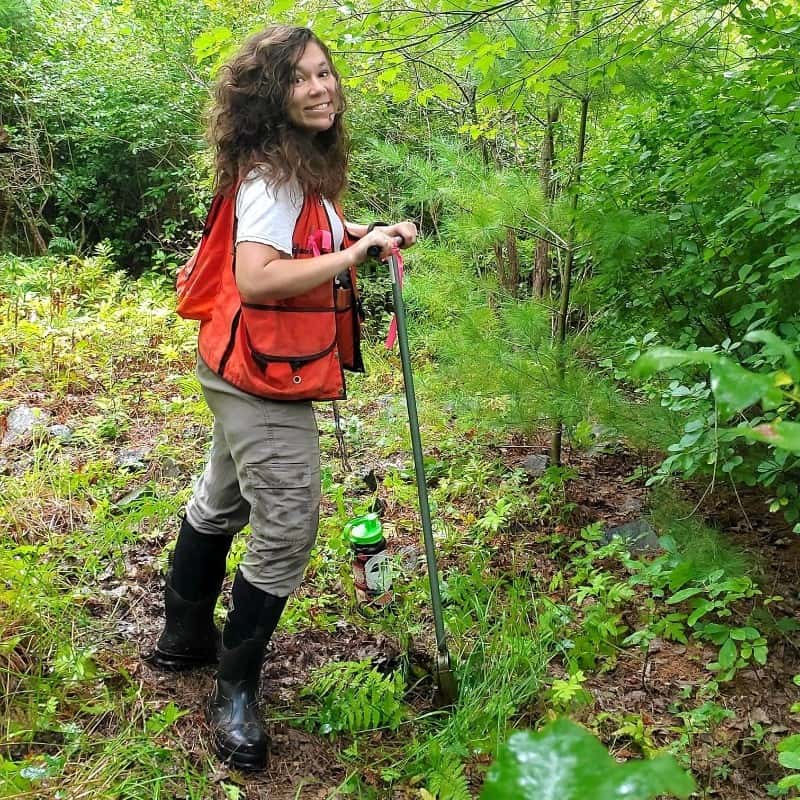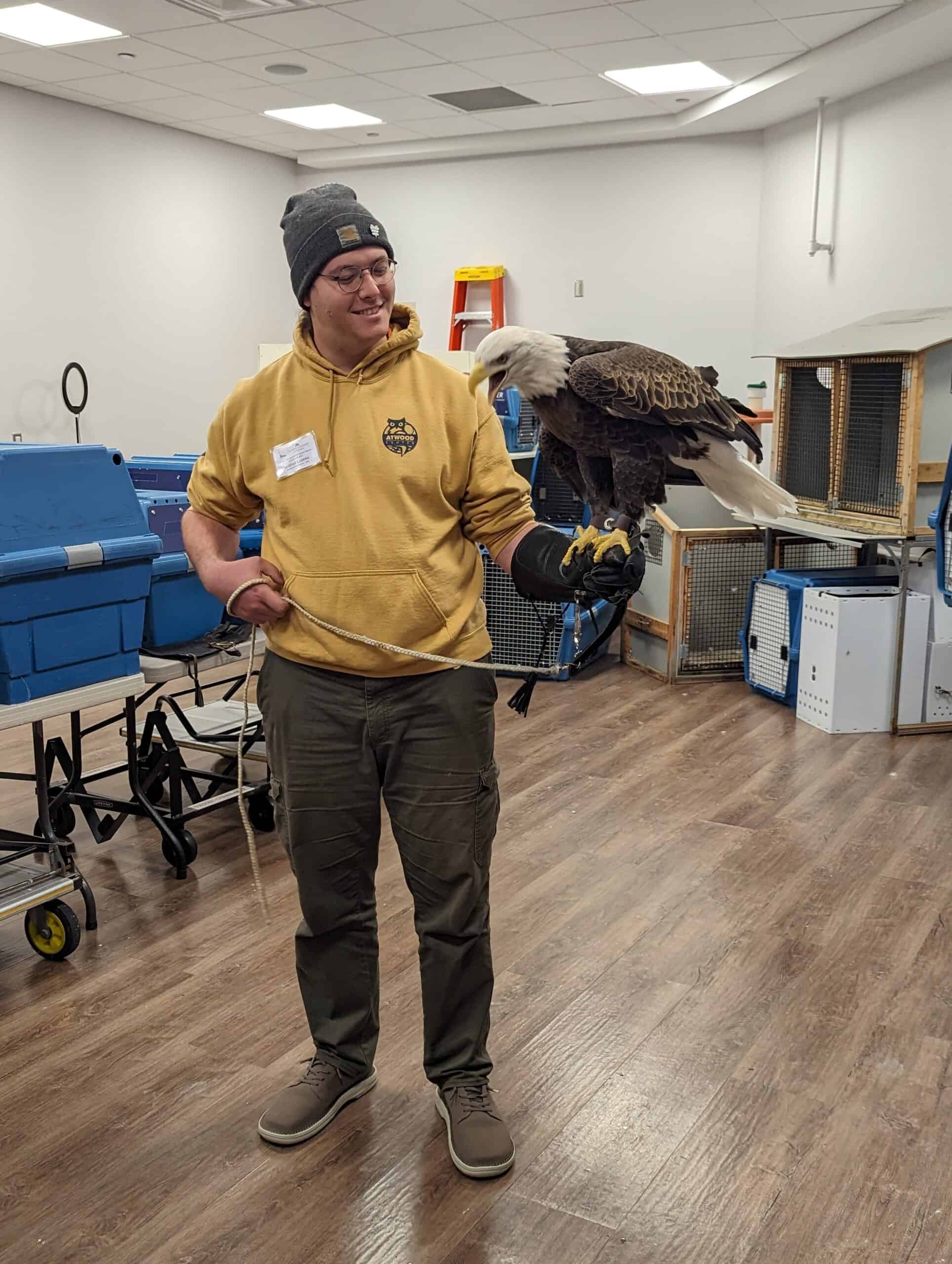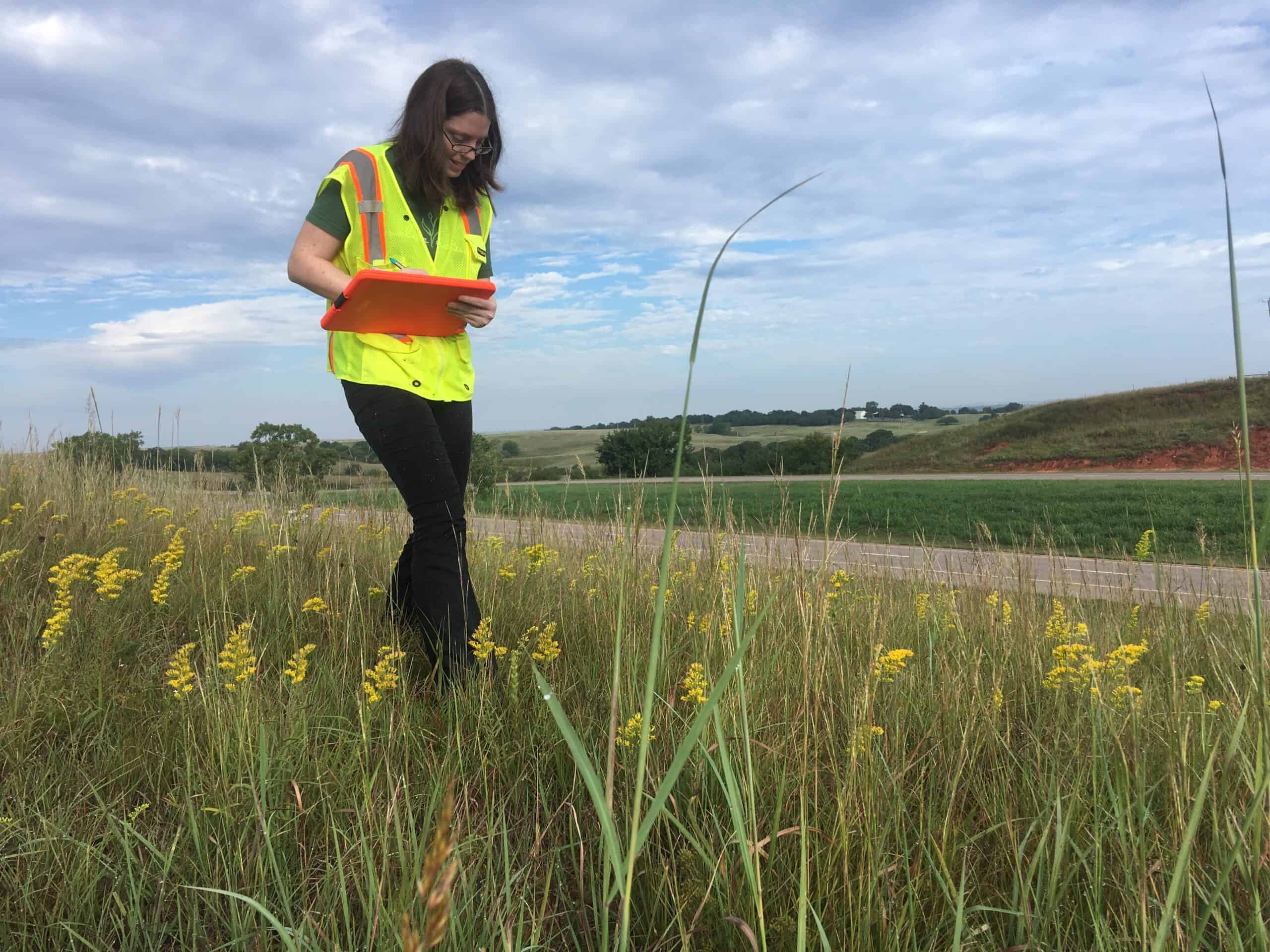Share this article
Wildlife Vocalizations: Breeka Li Goodlander
Breeka Li Goodlander explores the struggles of entering the wildlife field in a time of uncertainty and unprecedented change
Wildlife Vocalizations is a collection of short personal perspectives from people in the field of wildlife sciences.
What do you think is your generation’s biggest challenge when it comes to wildlife conservation? What steps would you like to see your generation take to combat this issue?
Finding joy and consistency.
I routinely think about these questions; especially now that I am the scientist I dreamed of being, albeit in the midst of anthropogenic climate change. I often wonder how thrilling it must have been, to be a budding scientist pre-Industrial era, or shortly thereafter, on the frontier of something new. On the precipice of unheard discoveries, animals, adaptations and environments. How fascinating it must have felt to be the first human to document a thriving species in a remote location—and not have to wonder if they will survive. To no have to think about the multitude of anthropogenic forces that decimate their populations without regard and without humility.
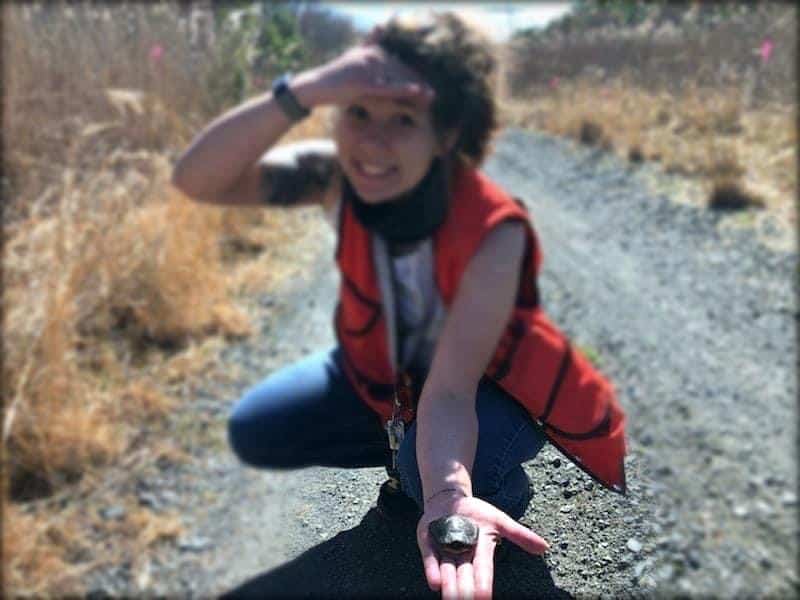
I think my generation’s biggest challenge is how to cope with climate change and the hurt that comes with it, to put it plainly. I struggle knowing that it is now my obligation to “fight” and bear witness to a major extinction event, instead of being the big kid who likes to “play in the mud.” I feel obligated to combat this insurmountable shadow, instead of being the scientist that I dreamed of being as a child. Instead of bearing witness to something beautiful, intricate and mystifying, I have an obligation to bear witness to death; to eradication that our species is a major proponent of. It’s hard to find selflessness in the middle of selfishness.
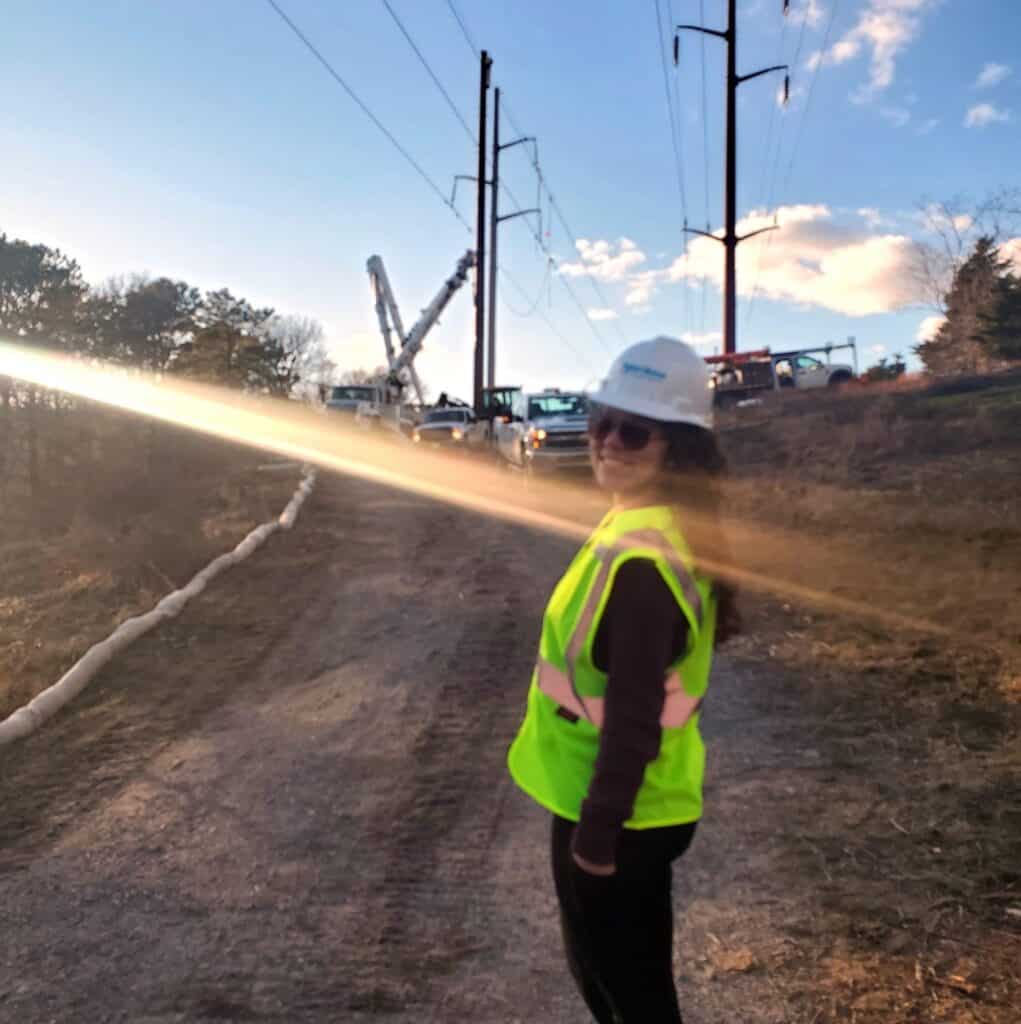
My biggest challenge is finding the joy and consistency in my work, while simultaneously holding onto a tumultuous and shifting baseline. Naturally, field scientists always need to be at the ready for unprecedented change, but I often feel that climate change is just too much. It’s too much to bear, and I often wonder if I’d be happier had I chosen a different; that my heart wouldn’t ache every day. Of course these thoughts do not last long, as I firmly believe that I am exactly where I need to be. Nonetheless, the feelings and thoughts are there, and as a scientist I am obligated to report them. They are variables that impact my work. No other way around it.
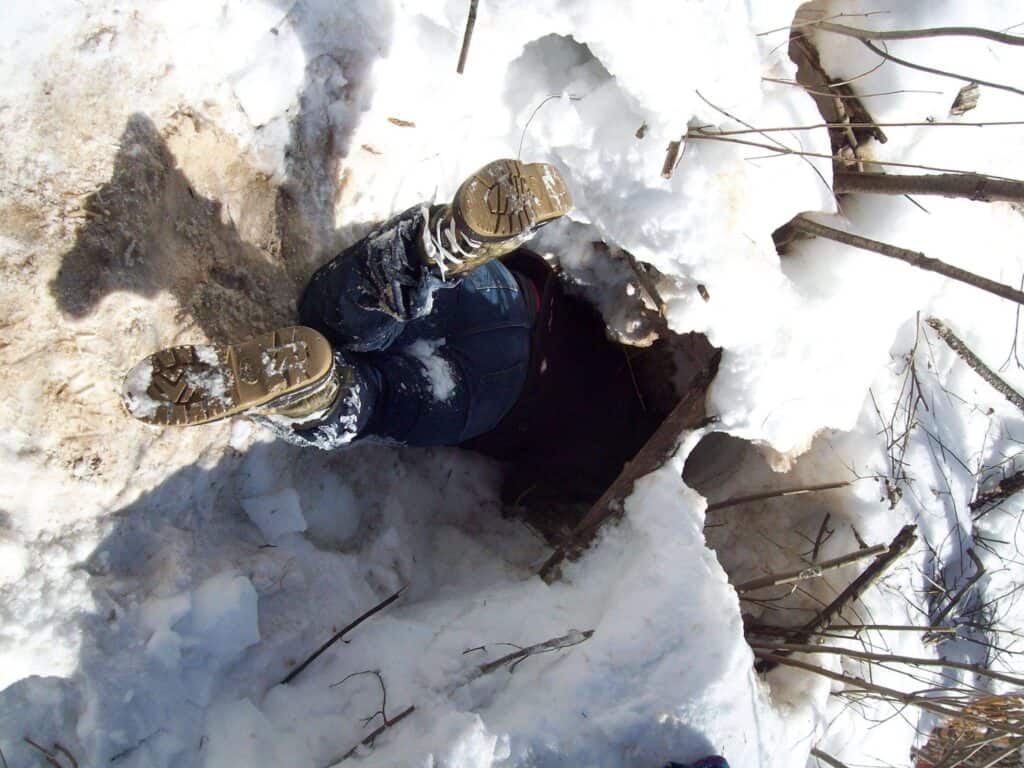
How can we continue to find the light within ourselves to lead the way amongst all of the despair and destruction? How do we still show our natural environment that we care, that we see them, that it is still beautiful despite the marring of human influence? My biggest challenge is not remembering why I do what I do, but feeling like there is a positive outcome to my endeavors.
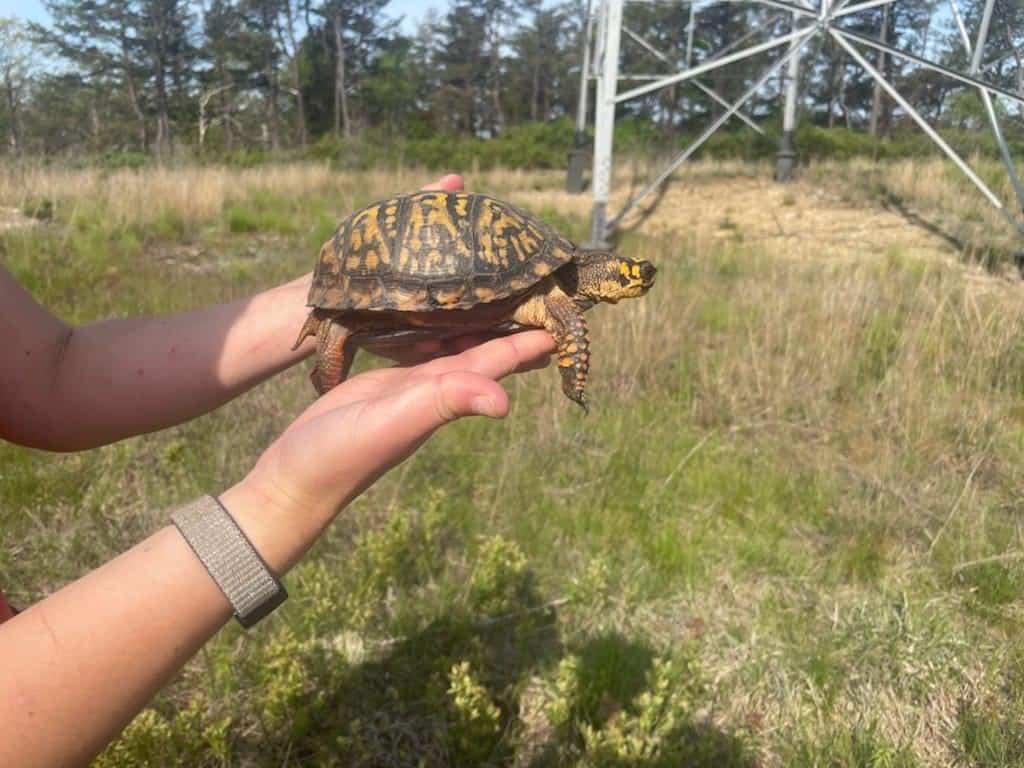
I don’t have these answers for my generation or the next, and I don’t have any steps to take to answer my inquiries. I only ask others to continue to shine; to face the destruction head on because our sister species deserve to be known. They deserve to be seen. Help me show them the light within our species. Help me illuminate the world. Help me show them that we are not all … bad?
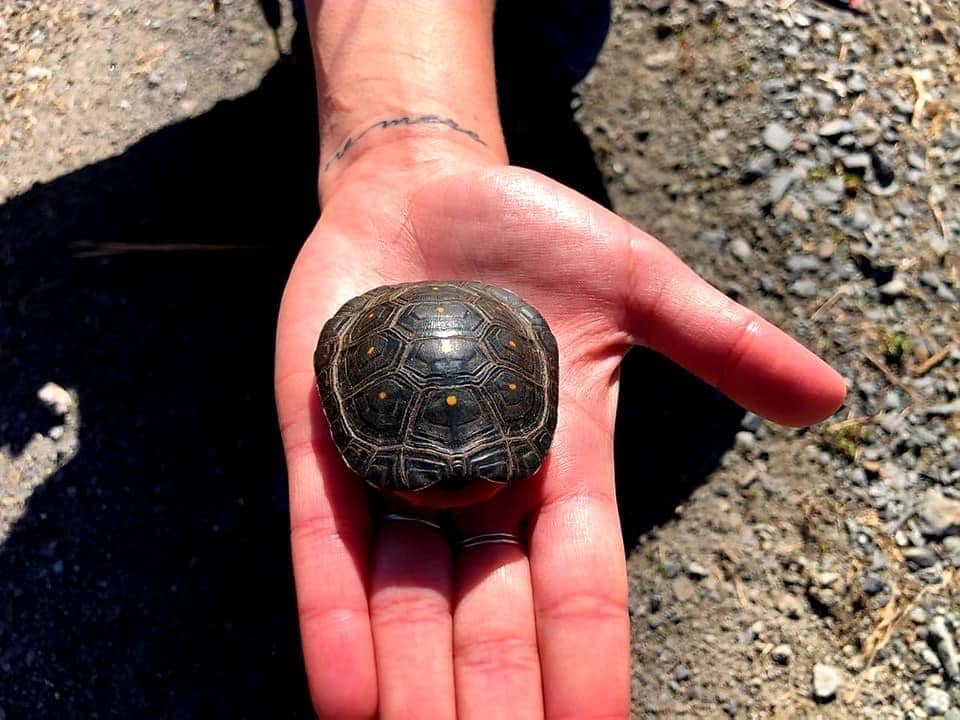
Learn more about Wildlife Vocalizations, and read other contributions.
Submit your story for Wildlife Vocalizations or nominate your peers and colleagues to encourage them to share their story.
For questions, please contact tws@wildlife.org.
Header Image: Goodlander taking an upland soil boring in Massachusetts. Courtesy of Breeka Li Goodlander



